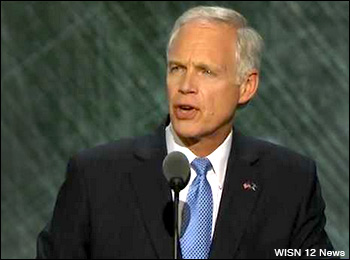By Jim Ellis
Aug. 20, 2021 — Two pollsters released Florida ballot test data yesterday, and the combined results are a likely prelude of what we can expect from the vast multitude of survey research firms that will be testing the Sen. Marco Rubio – Rep. Val Demings general election campaign in the coming year.
Susquehanna Polling & Research (Aug. 4-10; 700 registered Florida voters, live interview) posted their survey result, which found Sen. Rubio topping Rep. Demings by a relatively substantial 50-39 percent clip.This was immediately countered by a St. Pete Polls survey conducted later in the month (Aug. 16-17; 2,068 registered Florida voters, online) that sees the race already dropping into a virtual dead heat, with Sen. Rubio only holding a two-point edge, 48-46 percent.
Florida polling history suggests we will see this type of divergent pattern among pollsters probably until the next election. In Sen. Rubio’s 2016 re-election race, for example, where he defeated then-Rep. Patrick Murphy (D) with an eight-point victory spread (52-44 percent), most of the pollsters were forecasting a much closer finish.
During the period from Oct. 25 through election day 2016, 11 polls were released covering the Rubio-Murphy race according to the Real Clear Politics polling archives, and while all but one correctly predicted Sen. Rubio would win re-election, only five were within the correct final margin range. The others were forecasting a very close Rubio win of between a virtual tie and four percentage points.
Looking at the Biden-Trump 2020 Florida aggregate research studies tells a similar tale. Again, beginning with polling occurring from Oct. 25 through the election, 19 Florida presidential ballot test polls were published. Only six of the 19 correctly predicted a Trump Florida victory and all of those were close to the final margin of 3.3 percentage points. One of the pollsters who called this race almost exactly was Susquehanna Polling & Research. St. Pete Polls missed, wrongly projecting a close Biden win.
Looking at the FiveThirtyEight statistical organization’s polling firms rating chart, Susquehanna and St. Pete Polls are at parity. Susquehanna rates as the 92nd firm of the top 100, while St. Pete finishes three slots behind them at number 95. Both receive an accuracy letter grade of B+.






